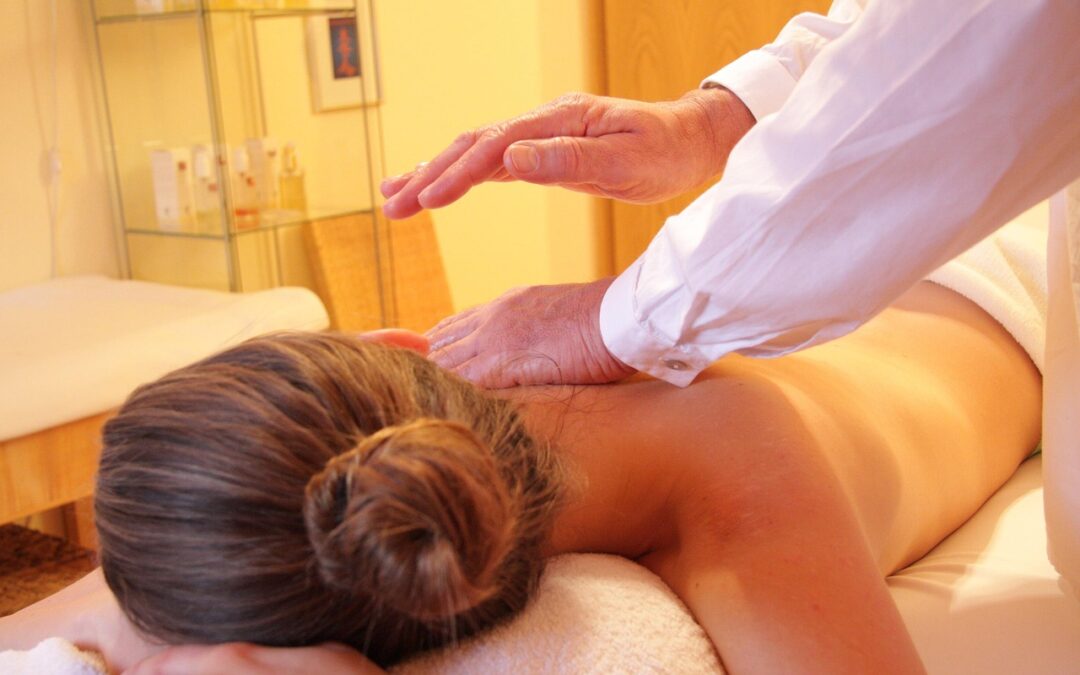Why Thai Massage Is More Than Just Relaxation
Thai massage is often perceived as a wellness luxury or an occasional indulgence. However, this traditional practice, rooted in centuries of Thai medicine and Buddhist philosophy, delivers far-reaching physical and mental health benefits. Incorporating Thai massage into a regular self-care routine can support long-term well-being in unexpected ways.
Unlike other forms of massage, Thai massage works holistically, combining acupressure, assisted stretching, and rhythmic movement to enhance energy flow, joint mobility and muscular balance. The cumulative effects can lead to substantial improvements in physical function, emotional stability and immune resilience.
What the Science and Tradition Reveal
Traditional Thai massage operates on the concept of energy lines, or Sen Sib, believed to carry vital life force. By stimulating specific points along these lines, practitioners aim to remove blockages and restore balance. While this explanation stems from Eastern medicine, modern studies increasingly validate its physiological impacts, including stress reduction, improved circulation and enhanced flexibility.
Here are 10 evidence-based and experience-backed benefits you might not expect:
1. Improved Posture and Alignment
Regular Thai massage sessions help lengthen tight muscles and relieve chronic tension. This contributes to better posture, especially for those who spend hours sitting or working at a desk.
2. Reduced Stress Hormones
Multiple studies have linked Thai massage to lowered cortisol levels, the hormone responsible for stress. Clients often report greater mental clarity and emotional resilience after treatment.
3. Enhanced Circulation
Through compression and stretching, Thai massage stimulates blood and lymphatic flow. This encourages oxygen delivery to muscles and supports the removal of metabolic waste products.
4. Pain Relief for Chronic Conditions
Thai massage has been shown to reduce symptoms in individuals suffering from lower back pain, fibromyalgia and tension headaches. It does this by promoting muscle relaxation and releasing trigger points.
5. Increased Joint Range of Motion
The therapist’s assisted yoga-like movements help maintain and increase joint mobility. This is particularly beneficial for aging adults or anyone with stiff joints from sedentary lifestyles.
6. Boosted Energy Levels
Many clients report feeling invigorated, not drowsy, after a Thai massage. This “energizing” effect is often attributed to enhanced energy flow through the body’s internal pathways.
7. Strengthened Immune System
Massage stimulates lymph nodes, which play a role in immune defense. Some studies suggest that regular bodywork supports immune activity and may reduce the frequency of minor illnesses.
8. Better Sleep Quality
By calming the nervous system and reducing muscular tension, Thai massage can make it easier to fall asleep and stay asleep through the night.
9. Mental Focus and Relaxation
The deliberate pace and meditative quality of Thai massage encourage mindfulness, which can sharpen cognitive function and reduce symptoms of anxiety.
10. Hormonal Balance and Digestive Support
Massage along abdominal energy lines can stimulate digestive organs and improve hormonal regulation, though more clinical studies are needed to fully understand these effects.
How Often Should You Book a Session?
Consistency is key when it comes to health outcomes. While occasional sessions can provide temporary relief, scheduling regular Thai massage—biweekly or monthly—maximizes its restorative impact. Many clients integrate it into their wellness plans alongside physical therapy, fitness training or stress management routines.
What About Home-Based Options?
For those seeking comfort and flexibility, 홈타이 services provide traditional Thai massage in your own space. Trained therapists bring professional tools and techniques directly to your location, helping you access the full range of benefits without the need to travel. Learn more about home-based sessions at 홈타이.
Closing Thoughts
The health advantages of regular Thai massage go far beyond relaxation. From supporting musculoskeletal function to stabilizing mood and sleep patterns, this practice delivers tangible benefits that support long-term wellness. Incorporating it into a structured self-care plan can lead to better quality of life, improved resilience, and greater control over daily stressors.
For those ready to explore a deeper form of healing, Thai massage offers a dynamic, hands-on approach to physical renewal and mental clarity.


